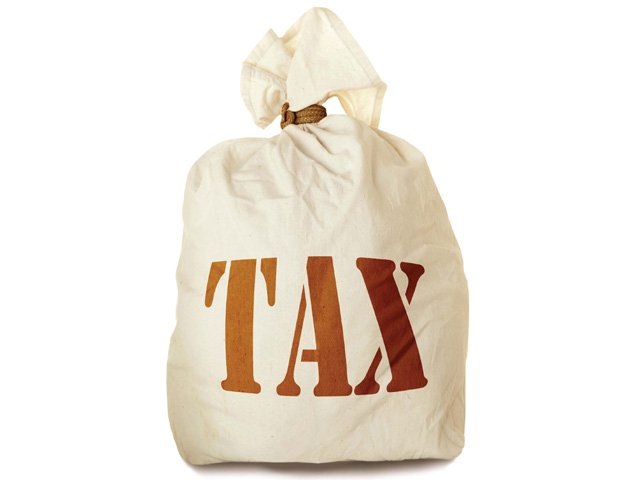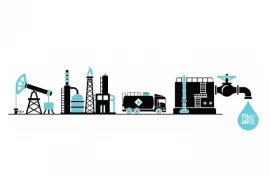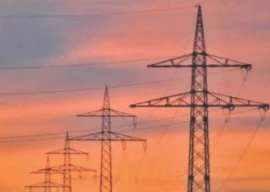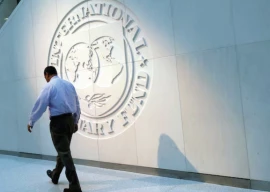
According to the Economic Survey of Pakistan 2012-13, tax exemptions given in the fiscal year were Rs33.6 billion or 16.3% higher than the preceding year. These were even more than the amount that the country had received so far under the Kerry-Lugar aid package of the United States.
About half of the exemptions were given in customs duties, 15.7% in sales tax and over a third in income tax, said the survey. During the year, the influential sugar industry joined the ranks of sales tax-exempted sectors.
Huge exemptions coupled with rampant corruption in the Federal Board of Revenue pushed the country’s tax-to-GDP ratio to 8.9% – a historic low.
Such a low tax base was a “shame for the country”, said Finance Minister Ishaq Dar, while unveiling the survey on Tuesday. The declining revenues led to massive borrowings to meet soaring expenditures, increasing the country’s debt burden significantly.
In the past five years, the international community that was upbeat about the return of democracy to Pakistan gradually withdrew its support after observing lavish lifestyle of the rulers and negligible tax contribution by the elite.
Income tax
The FBR exempted Rs82.3 billion worth of income tax, 18.3% or Rs12.8 billion higher than the previous fiscal year, according to the survey.
The government willingly suffered a loss of Rs48.6 billion due to income tax exemptions given to independent power producers. The second largest amount, Rs15 billion, was written off in favour of enterprises.
While people were making fortunes by investing in the surging stock market, the state suffered losses of Rs4 billion due to lower tax rates on capital gains, revealed the survey.
Furthermore, Rs9.1 billion worth of tax was waived on income from various funds and educational institutions that were collecting hefty fee from the students.
Sales tax
Sales tax exemptions that stood at Rs24.3 billion last year, rose to Rs37.5 billion this time around, mainly because of partial tax breaks given to the influential sugar industry.
Sales tax exemptions grew 54% over the previous year. Sugar industry was exempted from paying Rs12 billion sales tax during the period under review.
On sale of tractors, exemptions of Rs2.1 billion were granted. On sale of pharmaceutical products, Rs7.1 billion tax was exempted. In the “others” category, taxes worth Rs16.2 billion were waived.
Customs duties
Customs duties exemptions stood at Rs119.7 billion, showing an increase of Rs7.5 billion or 6.6%. Most of the tax breaks were given to the oil, automobile and textile sectors.
The largest exemption, Rs28.2 billion, was given under the head of general and conditional exemptions that raises questions of transparency as there was no explanation pertaining to these conditional exemptions.
An amount of Rs18.5 billion was waived in favour of the automotive sector. In addition to that, Rs11.1 billion was waived in favour of vendors of the automobile sector.
Duties worth Rs9.2 billion were written off on account of raw material imports. The government also exempted Rs22 billion worth of duties on imports from China, while the national exchequer suffered a loss of Rs2.8 billion due to concessionary imports from Malaysia.
Published in The Express Tribune, June 12th, 2013.
Like Business on Facebook to stay informed and join in the conversation.
COMMENTS (2)
Comments are moderated and generally will be posted if they are on-topic and not abusive.
For more information, please see our Comments FAQ


















All tax exemptions should be reviewed on zero base and most of them eliminated. The Government servants get taxed for their car allowance at 5% instead of 20% normal rate.Just tell me why?. This nation needs good economic managers and honest ,efficient FBR
So the state stole less than it wanted to? But if the state was going to steal more, wouldn't the so called elite have moved their capital to safer places and therefore leaving the state with even less to steal from?